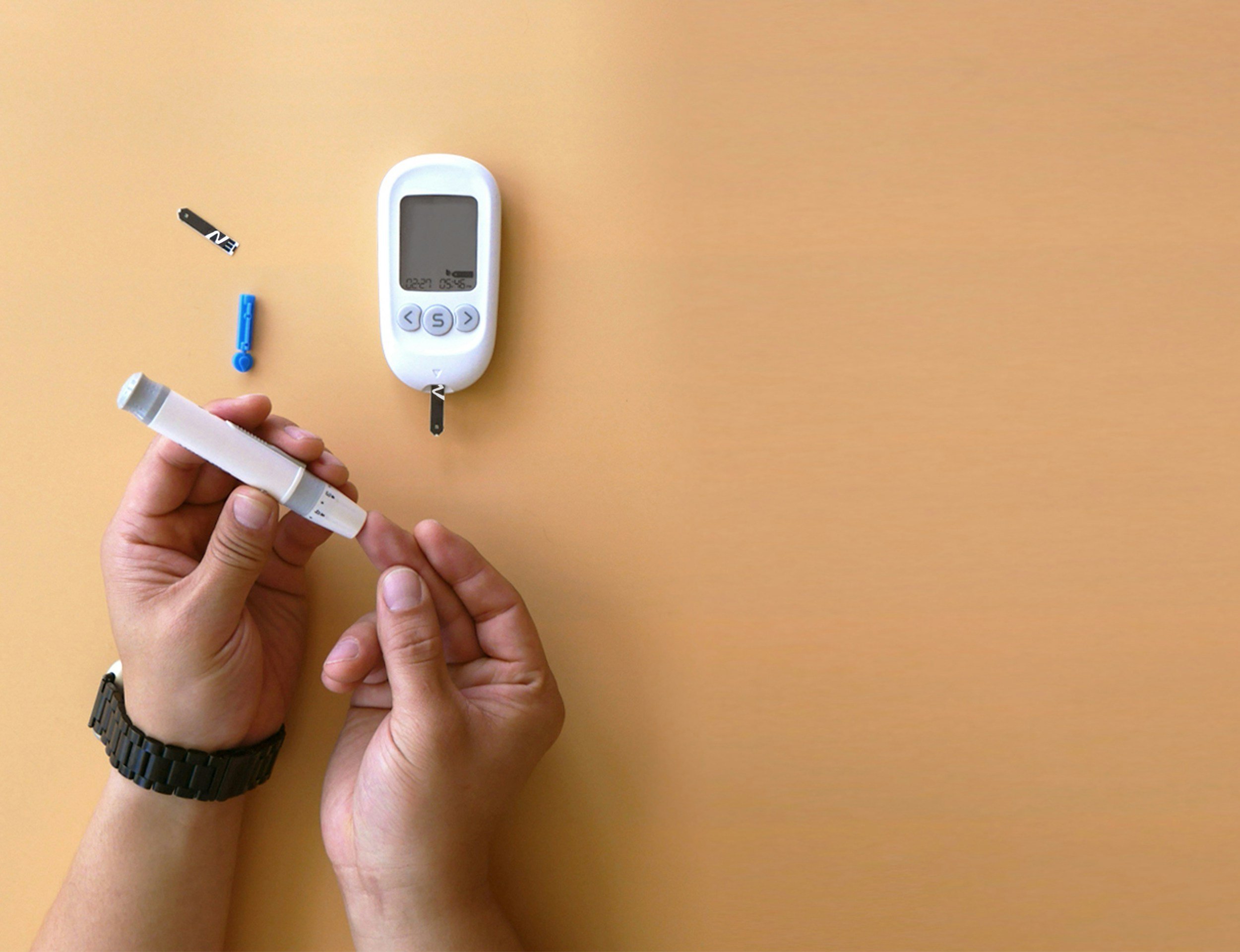Food Noise: What It Is and What You Can Do About It
Let’s talk about something that so many of us quietly deal with but rarely name out loud, or maybe aren’t even aware of from day to day: food noise.
If you’ve ever found yourself thinking about lunch while you’re still sipping your morning coffee—or felt a wave of guilt after a snack—you’re not alone. Food noise is chatter in our heads that revolves around what, when, and how much to eat. It’s not a formal medical diagnosis, but in wellness and weight care spaces, it’s a term that’s gaining traction—and for good reason.
So, What Is Food Noise?
Think of food noise as a mental buzz. It might sound like:
Cravings that show up uninvited
Constantly planning your next meal—even if you’re not hungry
Obsessing over food rules or “clean eating”
Feeling anxious around food-related social events
Replaying everything you ate today and judging yourself for it
Sound familiar? Yep, me too.
Food noise doesn’t always come from hunger. In fact, it often stems from something deeper: blood sugar dips, dieting, disordered eating patterns, stress, sadness, or simply scrolling past one too many food reels on Instagram.
And if you’re anything like me, you know when your blood sugar is crashing because suddenly, all roads lead to ice cream. (Seriously, every time.)
What Causes Food Noise?
There’s usually more than one thing at play when it comes to food noise, but here are a few common culprits:
Low blood sugar – when your energy dips, your brain turns up the volume on food thoughts because it’s begging you to eat something. Maintaining even blood sugar levels is a great way to lessen the food noise.
Restrictive diets – physical or mental deprivation can trigger an obsession with foods that you “can’t have” or are “bad foods”, which often can lead to over-eating later on. Moderation and balance are the keys to the kingdom when it comes to food noise!
Disordered eating patterns – like bingeing, purging, or extreme restriction. Similar to above, these extreme measures often cause food noise to be loud, rude, and pervasive into every part of your life.
Emotional triggers – boredom, stress, sadness... food noise loves to creep in during vulnerable moments. If you find yourself thinking of food during these emotional moments, you’re experiencing food noise.
Food marketing & social media – let’s be real, we’re constantly being told what and how to eat. Seeing beautifully crafted plates of food from your favorite chef’s instagram to a mukbang video eating mountains of noodles can trigger food noise, ESPECIALLY if you’re already hungry! Suddenly, that pile of noodles sounds pretty good, huh?
How to Turn Down the Volume
Here’s the good news: You can reduce food noise. It might not happen overnight, but with consistency, care, and maybe a little help, it can get quieter.
Stabilize your blood sugar – Many folks swear by the PFC3 method: protein, fat, and fiber-rich carbs at every meal to keep your energy steady and reduce cravings.
Support your mental health – Therapy or coaching can be game-changers, especially if there’s a deeper history with food or body image.
Educate yourself if using medication – Some medications like Ozempic or Wegovy are reported to reduce food noise, but they’re not magic. If you're still fueling your body with low-quality foods, weight loss alone won’t create lasting health. After all, there are plenty of thin people who aren’t well!
Be curious, not critical – When food thoughts pop up, instead of shutting them down, ask: What do I really need right now? Sometimes it’s food. Sometimes it’s rest. Sometimes it’s a hug or a deep breath.
If food is taking up more space in your brain than you’d like, you’re not broken—and you’re not alone.
Let’s talk about it. Book a free consult to explore how we can help you find more ease, more energy, and a lot less noise.
Because food should nourish you—not nag you.



